15 Ways Dogs Grieve When Their Owners Pass Away
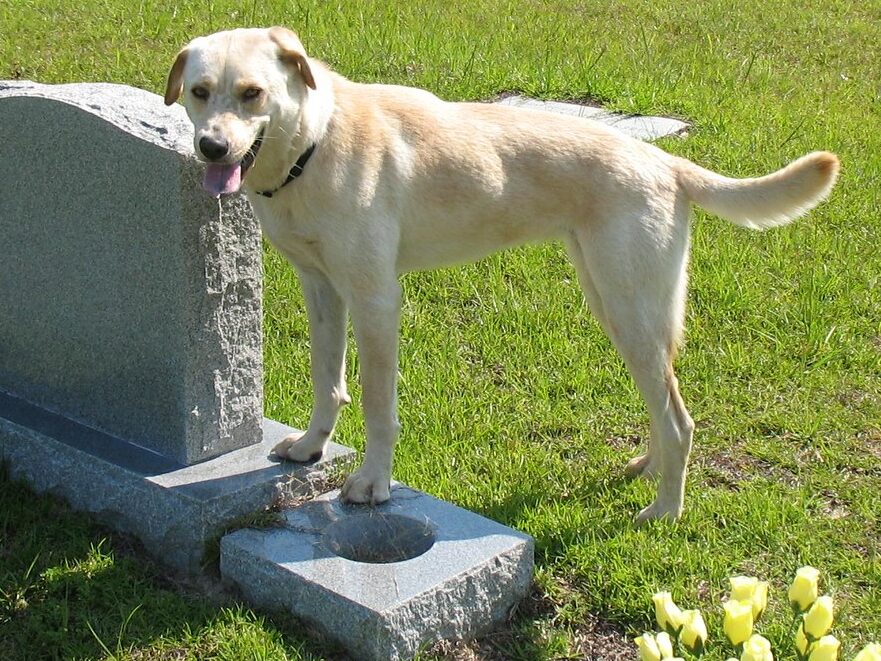
Dogs develop strong emotional bonds with their owners, and when that connection is suddenly broken due to loss, they experience grief in ways that are heartbreaking. While every dog processes loss differently, many show clear signs of mourning that can be difficult to witness. Here are 15 ways dogs grieve when their owners pass away.
Searching for Their Owner
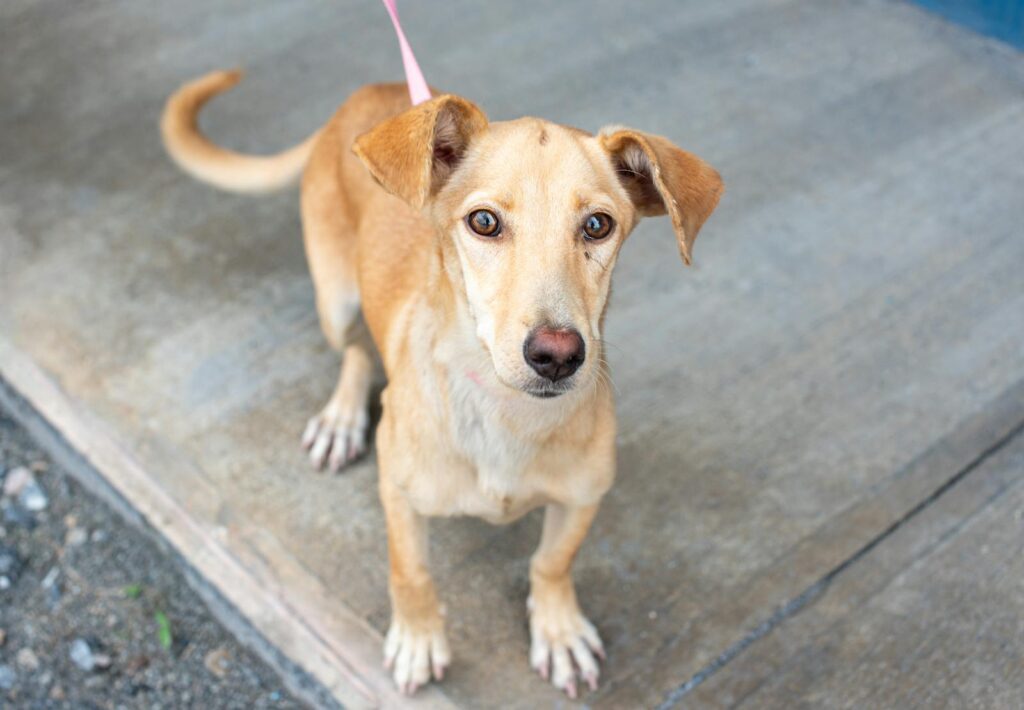
One of the most common signs of dog grief is looking for their owner in familiar places. They may check the usual spots like the bedroom, the front door, or the chair where their human used to sit, hoping to find them. This behavior can last for weeks as the dog struggles to understand why their beloved person is no longer there.
Loss of Appetite

Many grieving dogs lose interest in food. They may eat less or refuse to eat altogether, especially if their mealtime routine was closely tied to their owner. The absence of the person who fed them can make food seem unimportant, and in severe cases, this can lead to weight loss and health concerns.
Sleeping in Their Owner’s Spot

Dogs often seek comfort by lying in places where their owner used to be. They may curl up in their owner’s bed, on their favorite chair, or next to an item that still carries their scent. This behavior suggests they are trying to feel close to their human, even in their absence.
Waiting by the Door or Window
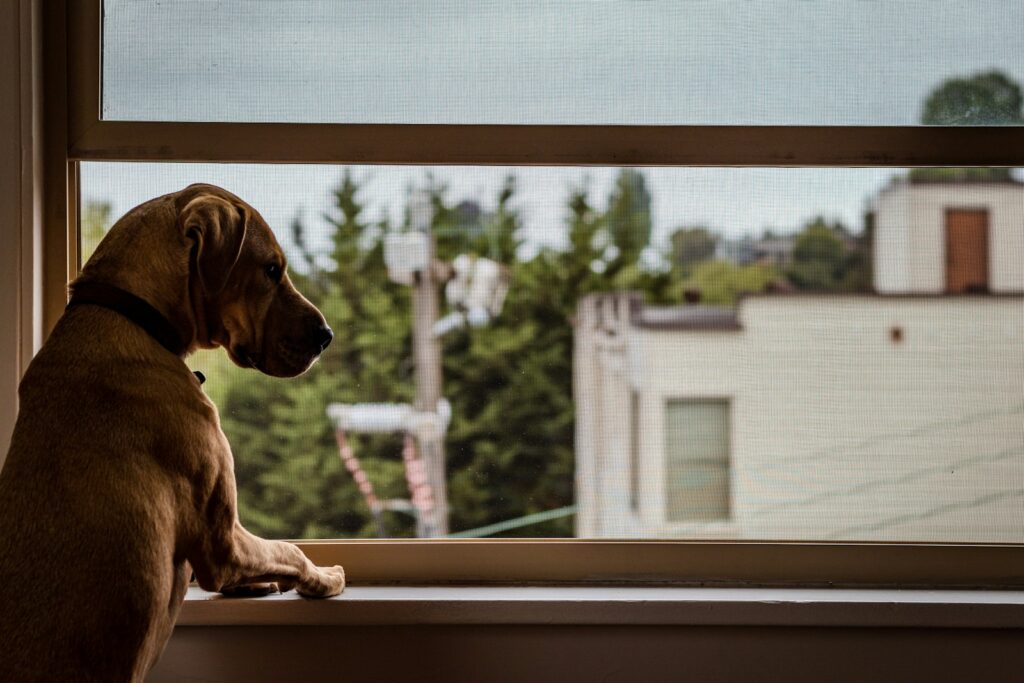
Some dogs continue to wait for their owner’s return, sitting by the front door or looking out the window at the usual time they would come home. This heartbreaking behavior reflects their confusion and loyalty as they struggle to accept that their owner won’t be walking through the door again.
Increased Whining or Howling
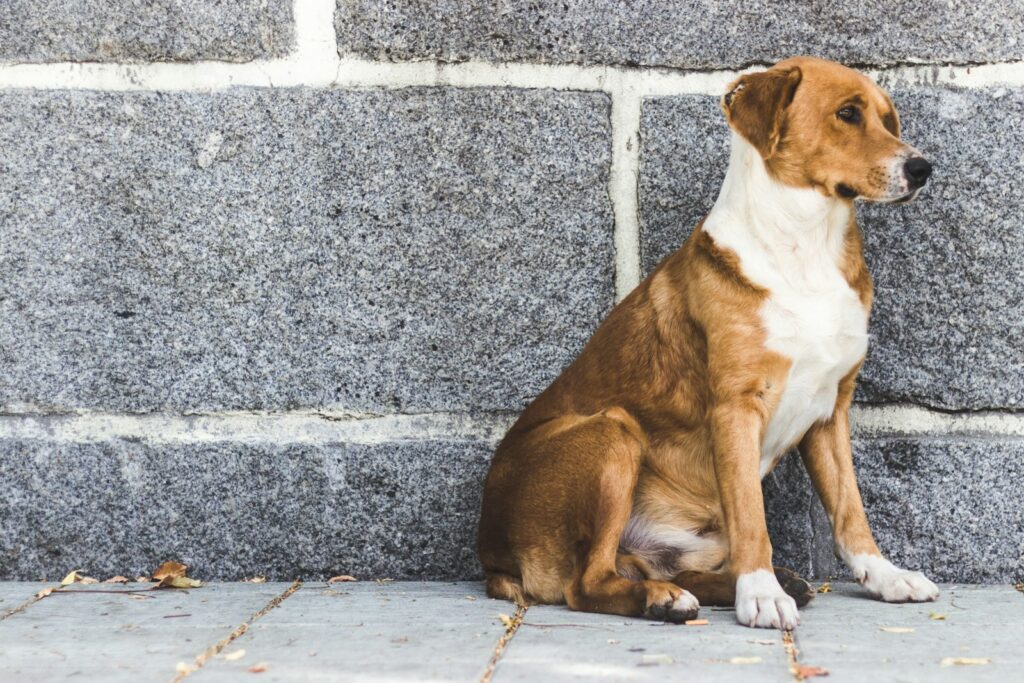
Vocal expressions of grief are common in dogs. Some may whine more than usual, while others may let out long, mournful howls—especially at night. These sounds can be distressing to hear, as they indicate deep sadness and a longing for their lost human friend.
Becoming Withdrawn and Depressed

A grieving dog may lose interest in things they once loved, such as playing, going for walks, or greeting visitors. They may become more withdrawn, choosing to spend time alone rather than interacting with people or other pets. This emotional shutdown is a clear sign of their mourning.
Restlessness and Pacing
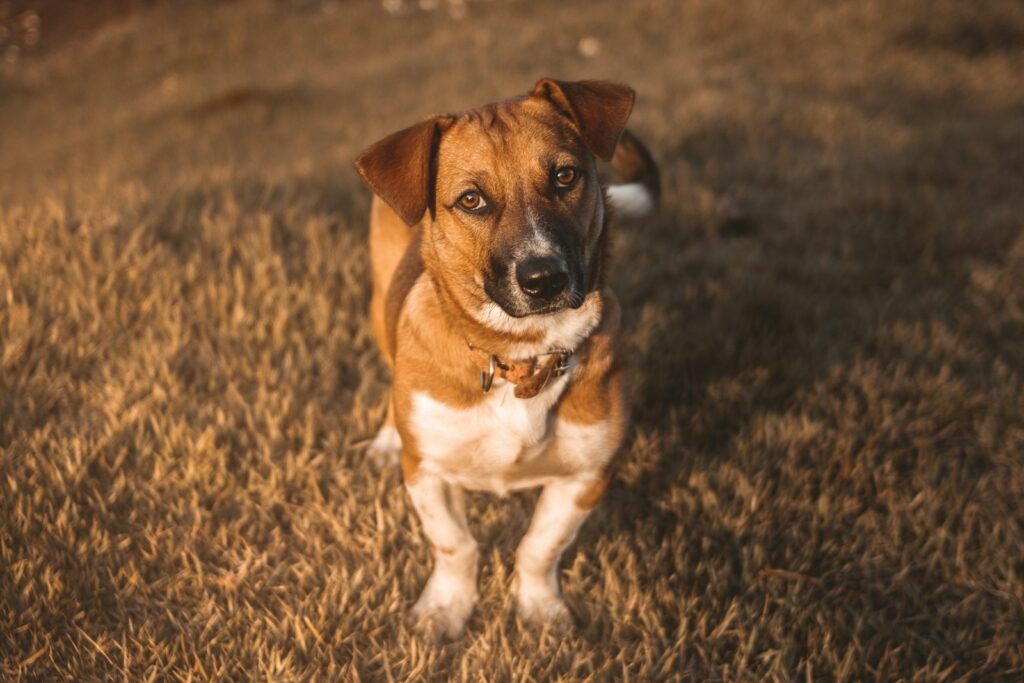
Some dogs react to grief by becoming restless, pacing around the house, or moving from room to room as if searching for something they can’t find. This behavior can be a sign of anxiety and confusion as they try to make sense of their world without their owner.
Sleeping More Than Usual
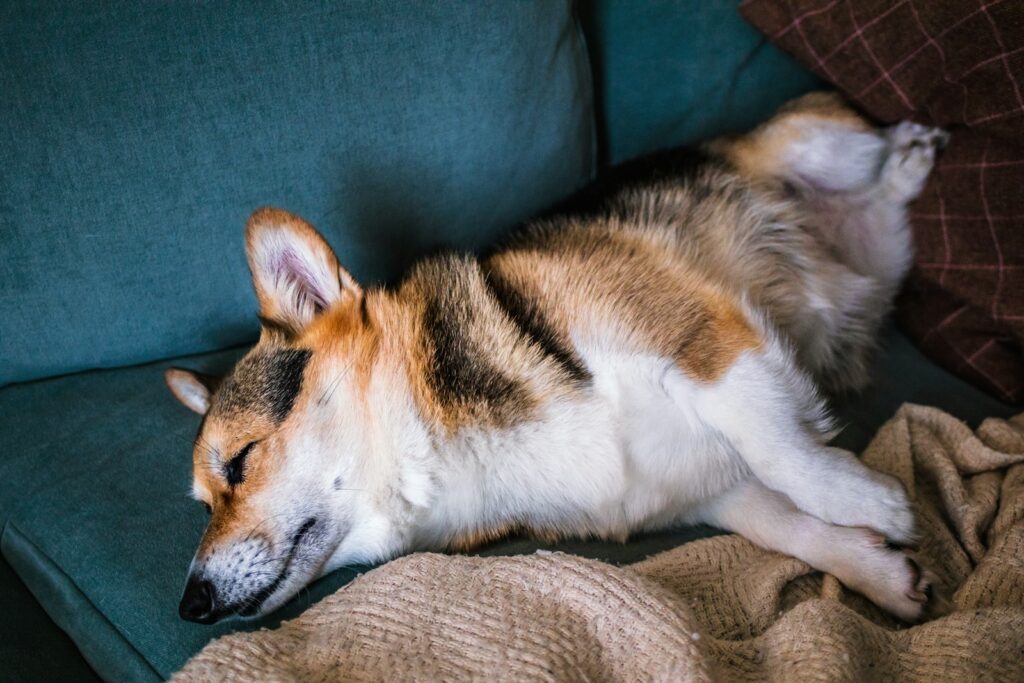
Just like people, dogs can become lethargic when grieving. They may sleep much more than usual, appearing uninterested in their surroundings. This increase in sleep can be a coping mechanism, as they withdraw from the world in an attempt to process their loss.
Becoming More Clingy

Some dogs react to loss by becoming overly attached to the remaining family members. They may follow their new caretaker everywhere, refusing to be left alone and seeking constant reassurance. This behavior is a result of a fear of being abandoned again.
Avoiding Certain Areas
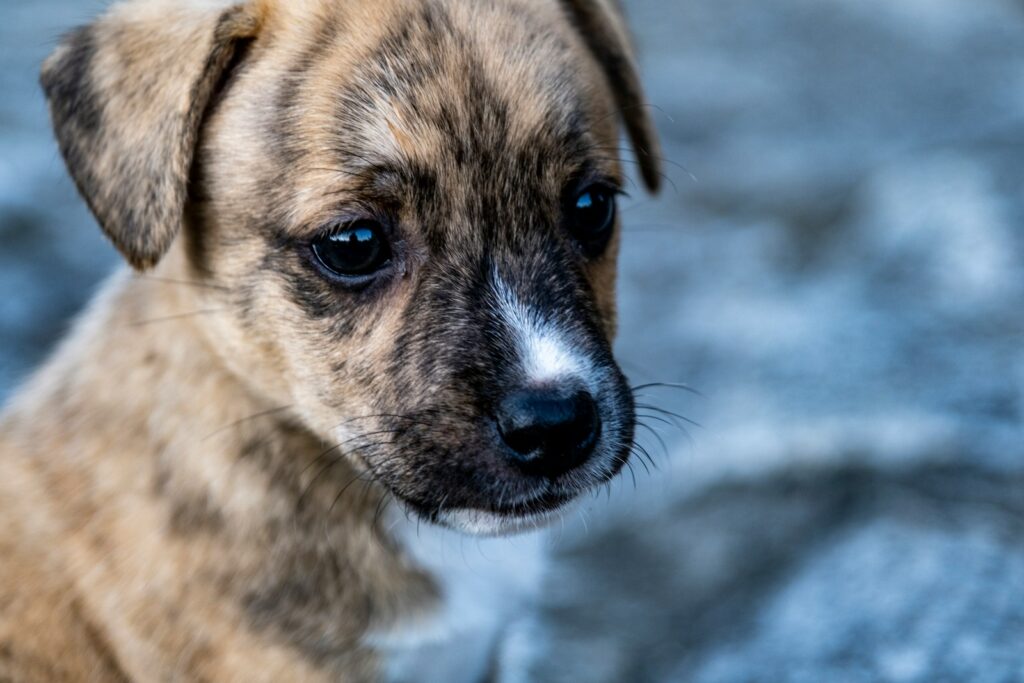
If a dog associates certain places with their owner, they may start avoiding them entirely. For example, they might refuse to enter the bedroom where their owner used to sleep or shy away from the chair where they always sat. The pain of these reminders can be overwhelming for a grieving dog.
Losing Interest in Walks and Playtime
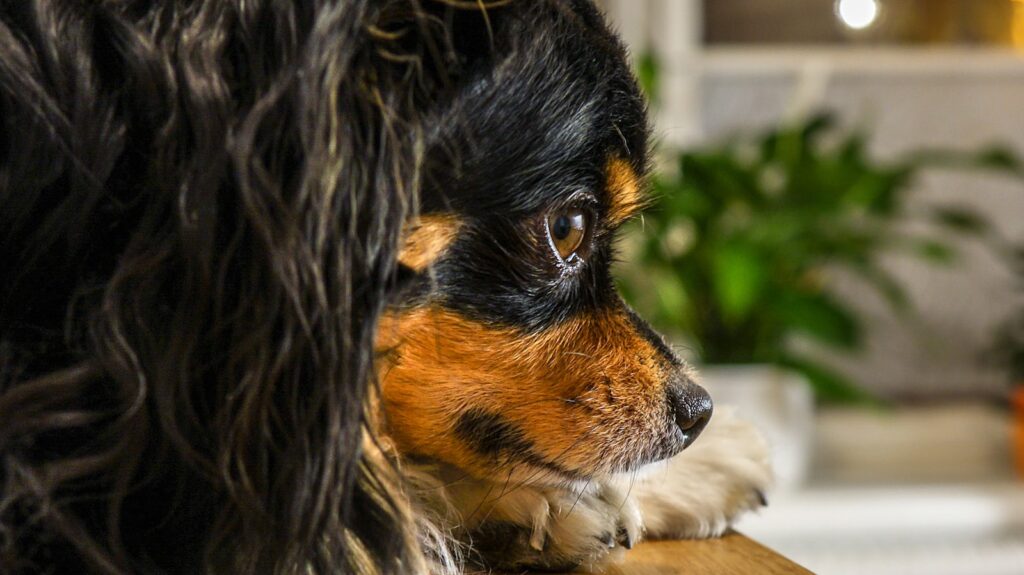
Many dogs love their daily walks, but a grieving dog may suddenly lose interest in going outside—especially if their owner was the one who usually took them. Playtime may also lose its appeal, as their enthusiasm for life diminishes in the absence of their beloved human.
Carrying Around Their Owner’s Belongings

Some dogs find comfort in objects that smell like their owner. They may carry around an old shoe, sleep next to a piece of clothing, or even guard an item that belonged to their person. These items serve as emotional anchors, helping them feel close to the one they lost.
Developing Anxiety or Destructive Behaviors
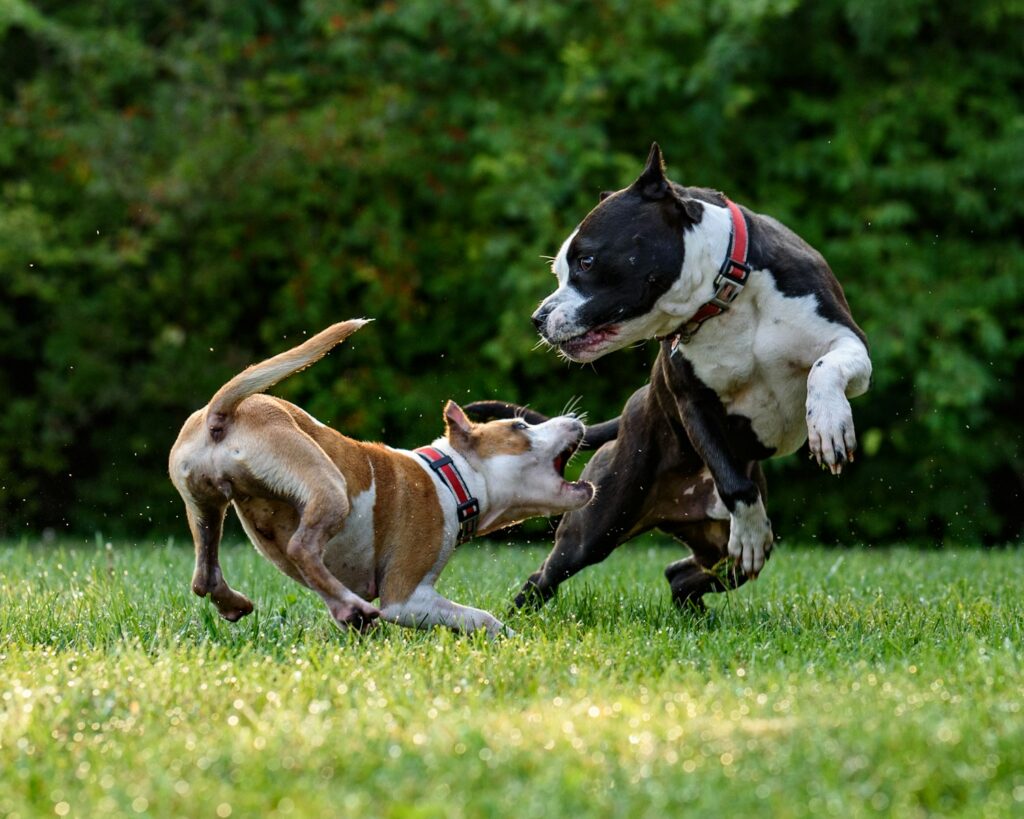
Dogs who experience intense grief may develop signs of anxiety, such as excessive licking, chewing, or destructive behaviors. If they previously had separation anxiety, the loss of their owner can heighten these symptoms, leading to furniture destruction, barking, or pacing when left alone.
Seeking Out Other Pets for Comfort
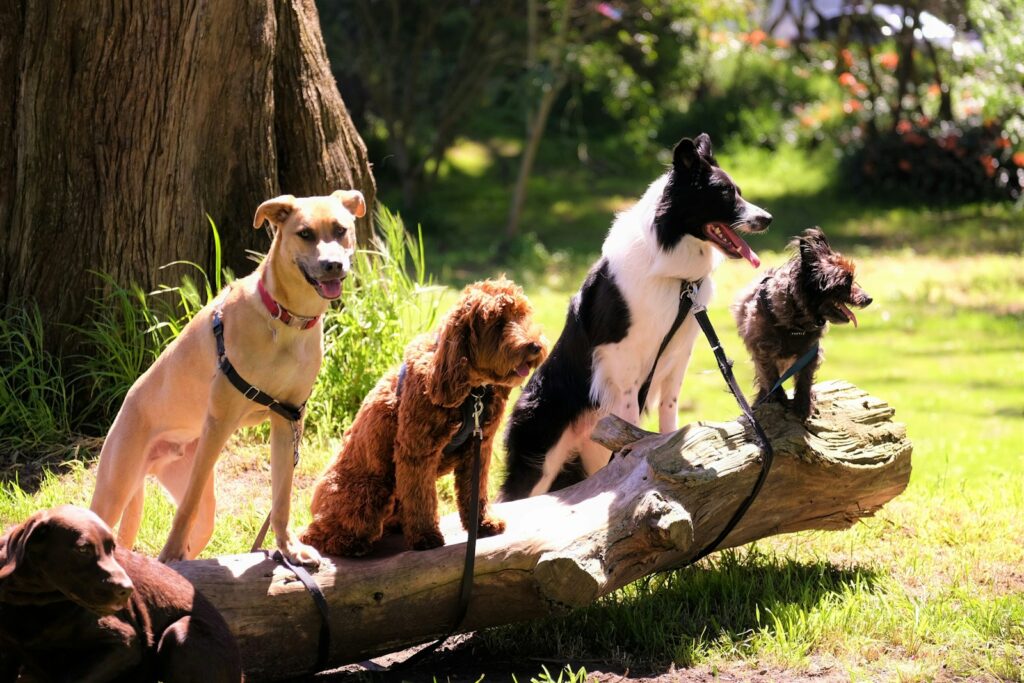
If there are other pets in the household, a grieving dog may seek companionship from them. They may cuddle with another dog or cat, follow them around more closely, or show signs of attachment. Animals, like humans, can find comfort in shared grief and companionship.
Slow Healing and Emotional Recovery
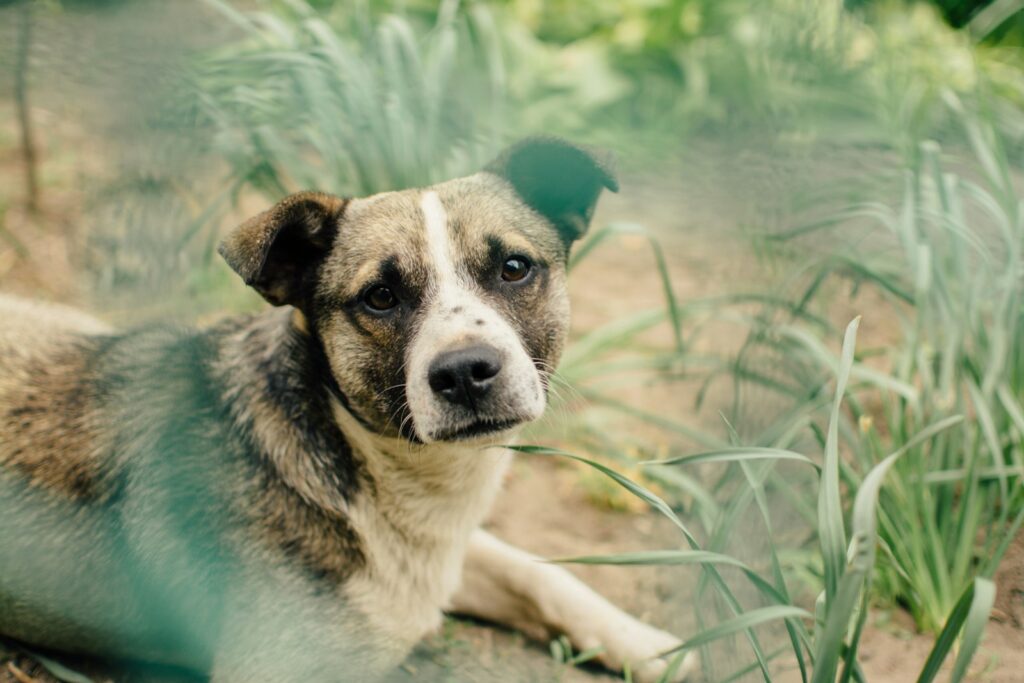
Grieving dogs don’t get over their loss immediately. Just like people, they need time to adjust to life without their loved ones. Some may start to heal within weeks, while others take months to fully recover. With patience, love, and gentle encouragement, they can find joy again in their new reality.





